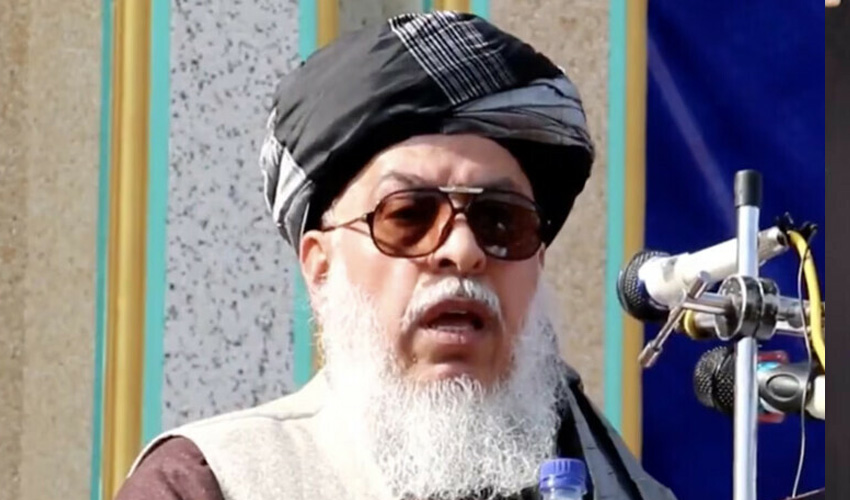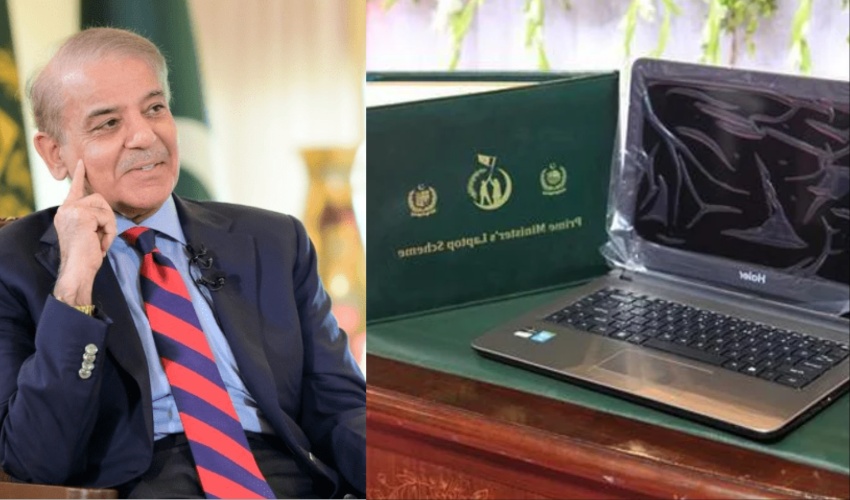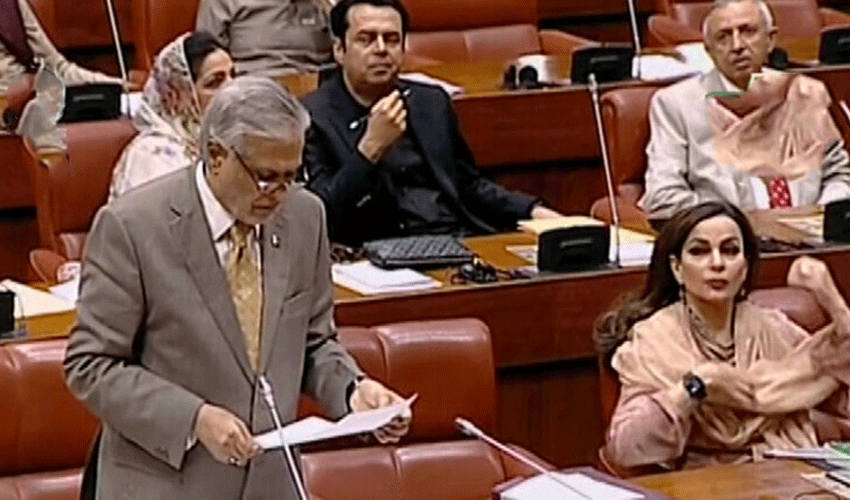Senior Taliban official Sher Abbas Stanikzai has made a rare public appeal to the group's leadership, urging them to lift the controversial bans on education for Afghan women and girls.
Stanikzai - who serves as the political deputy at the Foreign Ministry - called the restrictions unjustifiable during a speech at a religious school ceremony in southeastern Khost province on Saturday.
“There is no reason to deny education to women and girls,” Stanikzai said. “This is not in Islamic law but a reflection of personal choices or nature. We are committing an injustice against 20 million people out of a population of 40 million, depriving them of their rights.”
The Taliban’s policy, which bars females from attending school beyond the sixth grade, has faced widespread condemnation. Reports from September 2023 also suggest that authorities have ceased medical training and courses for women, exacerbating the crisis in a country where female medical professionals are crucial to women’s healthcare.
Internal call for change
Stanikzai’s remarks are significant as they publicly challenge the Taliban’s supreme leader, Hibatullah Akhundzada, to reconsider the bans.
His statement, shared via his official social media account on X, is the latest in a series of calls advocating for women’s education.
While Stanikzai previously voiced similar concerns in 2022, this is the first time he has directly appealed for a policy change. His criticism, however, highlights growing rifts within the Taliban over the issue, with some factions pushing for reforms to secure international recognition and aid.
The bans have drawn widespread condemnation from the global community. In Islamabad earlier this month, Nobel Peace Prize laureate Malala Yousafzai called on Muslim leaders to challenge the Taliban’s policies at a conference hosted by the Organization of Islamic Cooperation (OIC) and the Muslim World League.
“Denying education to millions of women and girls is a direct violation of Islamic principles and human rights,” Malala said.
The United Nations has also warned that the Taliban’s policies make international recognition virtually impossible. Without recognition, Afghanistan remains isolated, with limited access to much-needed global aid and economic opportunities.
International engagement
Despite the lack of recognition, countries like Russia and India have been building ties with Afghanistan under Taliban rule. Earlier this month, India’s Foreign Secretary Vikram Mistri met with Afghan Foreign Minister Amir Khan Muttaqi in Dubai to discuss cooperation, marking a shift in India’s engagement with the Taliban-led government.
As divisions within the Taliban leadership become more apparent, analysts suggest that the international community should leverage such dissent to push for reforms, particularly on the issue of women’s education and employment.
Ibraheem Bahiss, a South Asia analyst at Crisis Group, noted, “This latest statement by Stanikzai goes further than before, publicly questioning the legitimacy of current policies. It underscores a growing need for the Taliban to reassess their stance if they aim to move Afghanistan forward.”



























